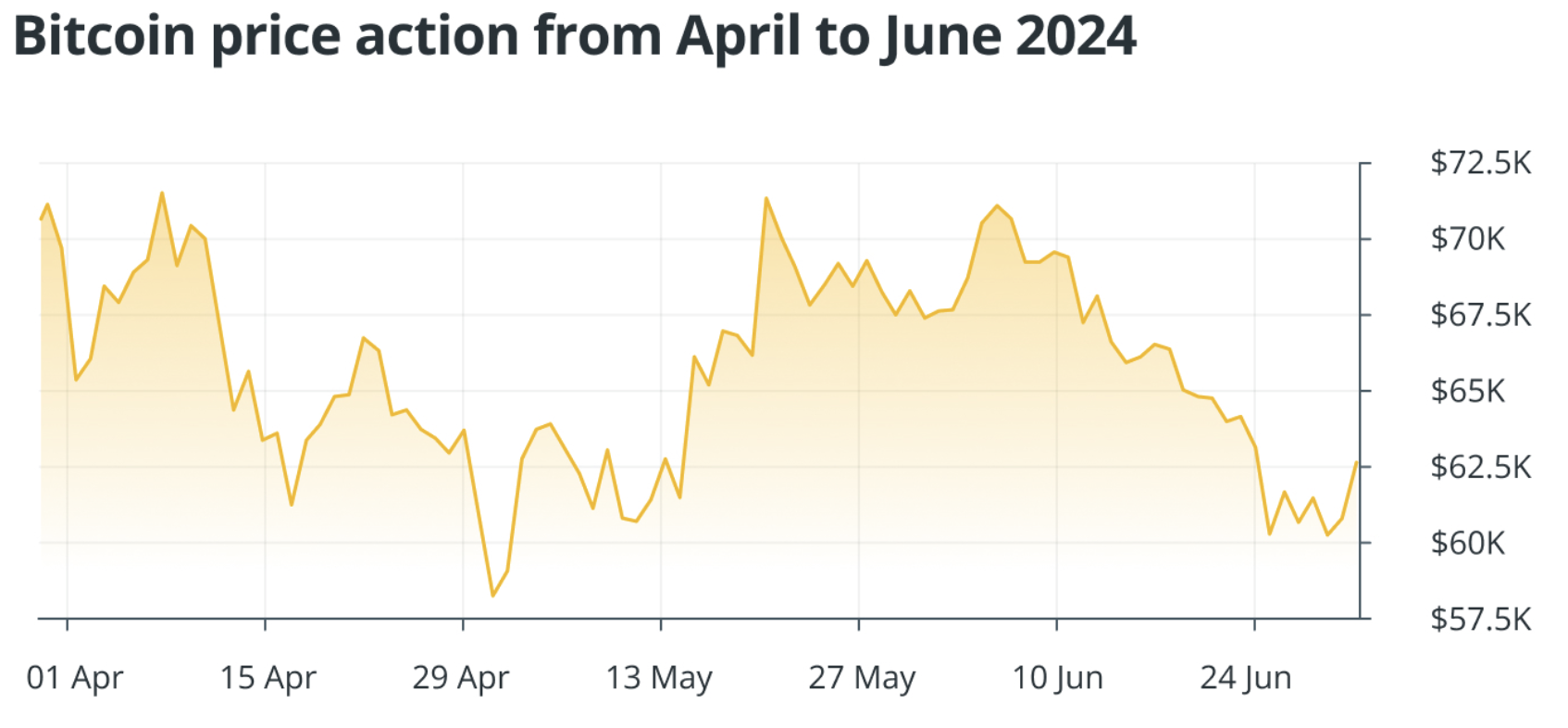PayPal Expands Cryptocurrency Services for Business Accounts
PayPal has announced a significant update for its business account holders in the U.S., enabling them to buy, hold, and sell cryptocurrencies directly from their PayPal business accounts. This expansion aims to provide businesses with the same cryptocurrency capabilities that have been available to individual consumers since 2020. Business owners can now engage with digital currencies, enhancing their payment flexibility.
Additionally, PayPal business accounts can transfer supported cryptocurrencies to external blockchain addresses. However, this feature is currently not available in New York State.
This move is part of PayPal’s broader strategy to increase the utility of cryptocurrencies for its users. In previous years, PayPal introduced features such as the ability to buy, hold, and sell digital currencies for personal accounts, and even launched a U.S. dollar-backed stablecoin called PayPal USD (PYUSD). The company has been steadily expanding its crypto services, aiming to integrate digital assets into mainstream business operations and offer a wider array of financial tools to its users.
With this update, PayPal aims to meet the growing demand from business owners to incorporate cryptocurrency into their financial strategies, providing them with a seamless way to transact and manage digital assets.
This development marks a pivotal moment for PayPal’s role in the adoption of cryptocurrencies in everyday business activities, potentially paving the way for broader acceptance of digital currencies in commercial transactions.











